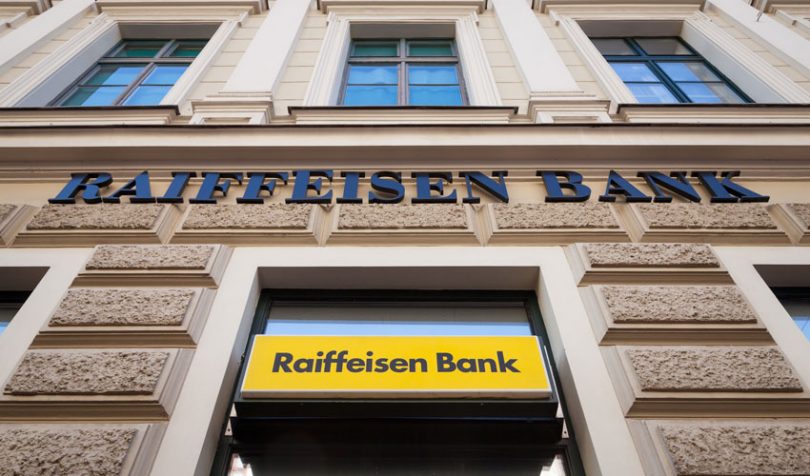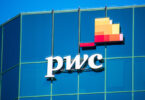Today TradeIX announced that the Austrian Raiffeisen Bank International (RBI) has joined the Marco Polo blockchain trade finance network to run pilots and evaluate the platform.
“At Raiffeisen Bank International, we’re very committed to bringing the best open account, traditional and structured trade finance solutions to our corporate clients,” said Martina Zimmerl, Head of Trade Finance Department at Raiffeisen Bank International. “Joining the Marco Polo Network is a key step in this direction as we’ll be able to further expand our product offering to meet the expectations of our clients in terms of customer experience, time to cash and efficiency.”
Trade finance solutions offered on Marco Polo include receivable discounting, factoring and payment commitment, with more to follow later in the year such as approved payables financing and bank guarantee.
A key feature for corporate bank clients is direct ERP integration. So there’s a single interface for the enterprise to access a multibank network. Existing Marco Polo ERP integrations include Microsoft Dynamics 365, Xero and the award-winning Marco Polo Oracle Netsuite app.
The software is developed by TradeIX based on R3’s Corda distributed ledger technology.
RBI is based in Austria and listed on the Vienna Stock Exchange, but a large part of its footprint is in Central and Eastern Europe which enables a good spread for the Marco Polo participant banks. The bank has 47,000 employees and 16.1 million customers.
TradeIX’s Daniel Cotti commented: “With Raiffeisen Bank International joining the Marco Polo Network we are looking forward to expanding our geographic coverage substantially so that Marco Polo really becomes the main trade finance network in Europe and the fastest growing in the world.”
To date we.trade is the blockchain network that has focused on Europe. Its initial focus is on SMEs while Marco Polo’s early emphasis is larger corporates. As they expand both will serve all sizes of businesses, but most consortia tend to downplay the competition.
The existing group of public Marco Polo members include Alfa Bank, Anglo Gulf Trade Bank, Bangkok Bank, Bayern LB, BNP Paribas, Commerzbank, Danske Bank, DNB, Helaba, ING, LBBW, Natixis, Natwest, OP, SMBC, S-Servicepartner and Standard Chartered.







